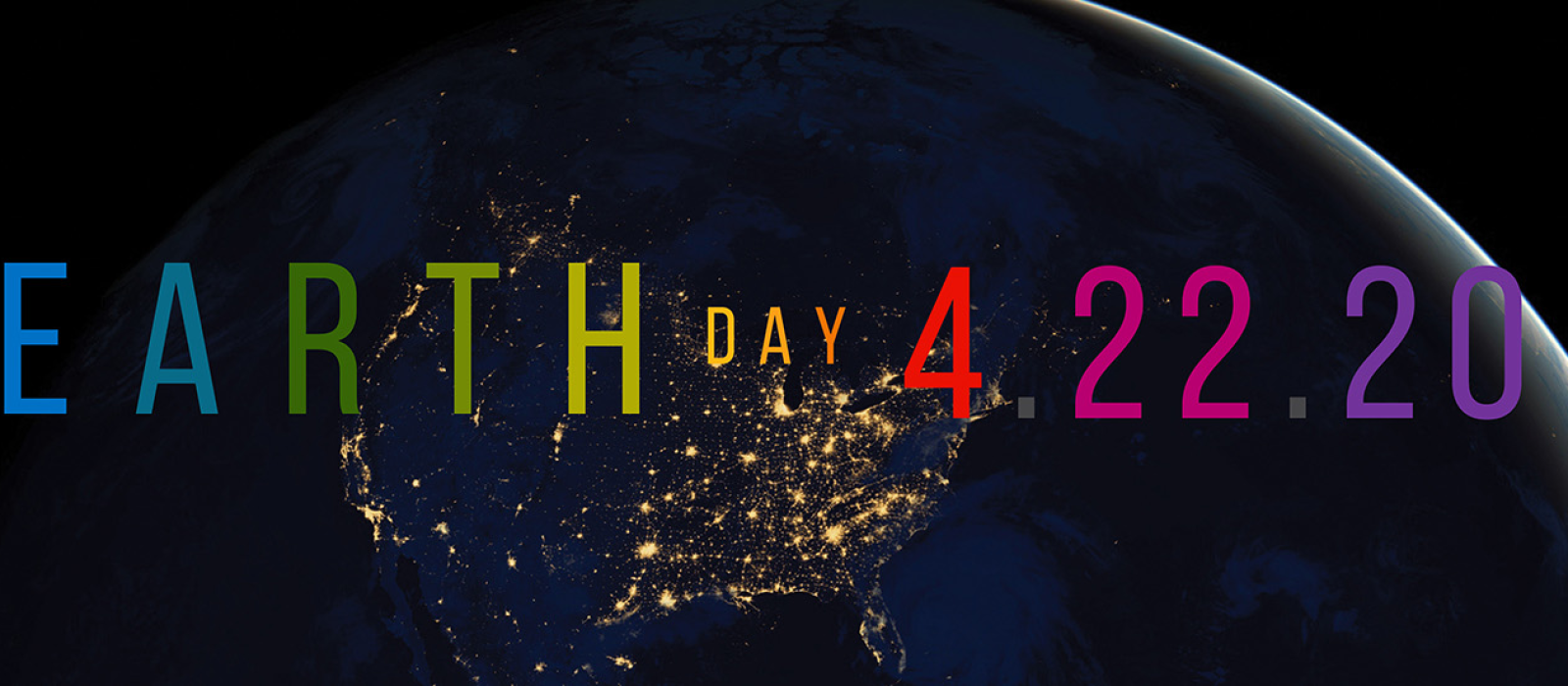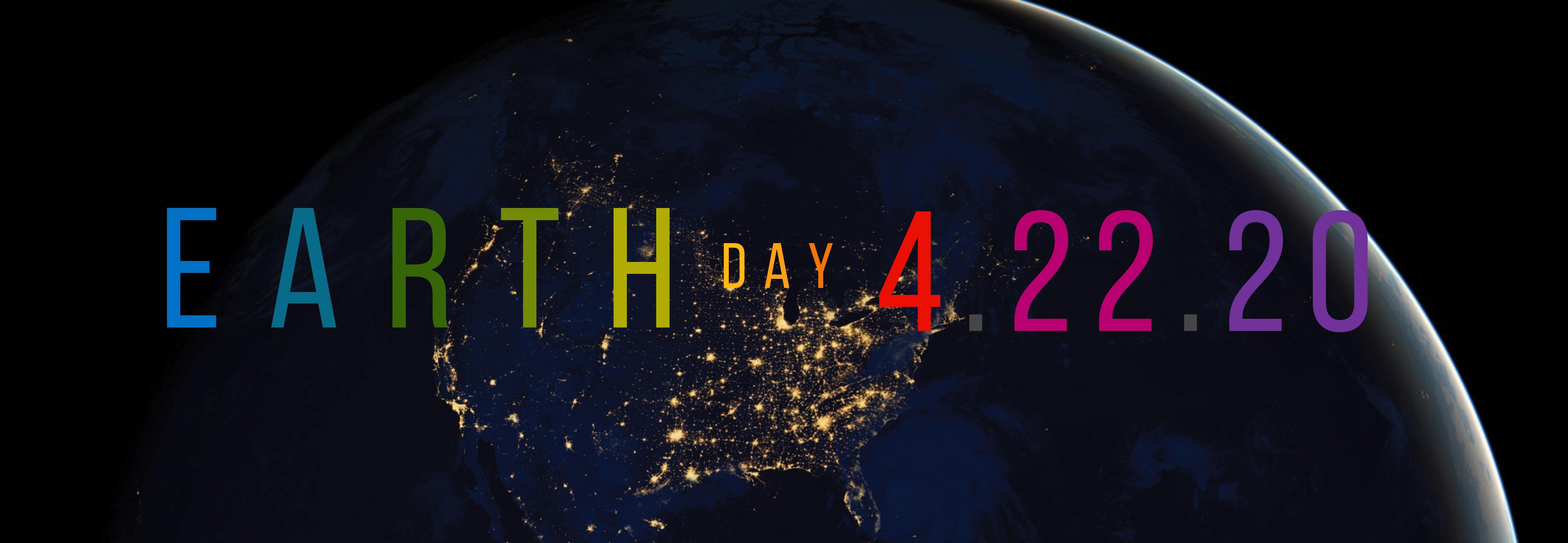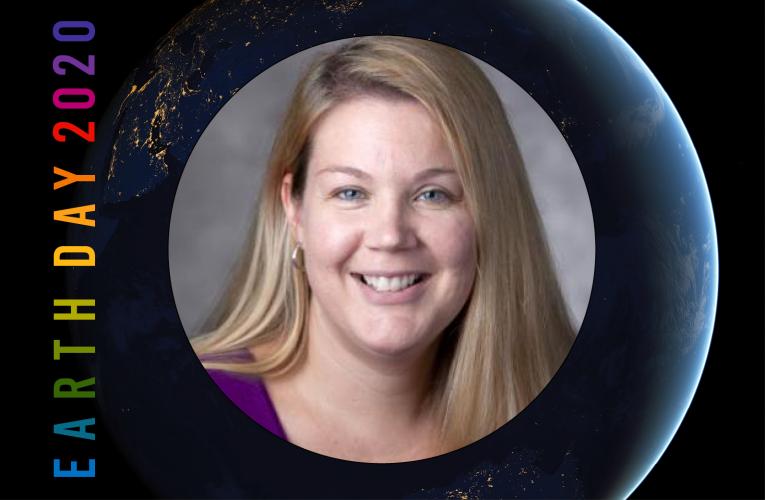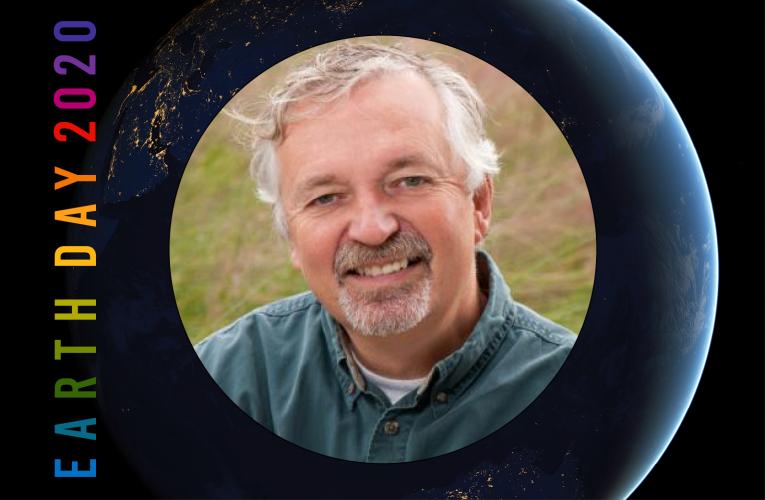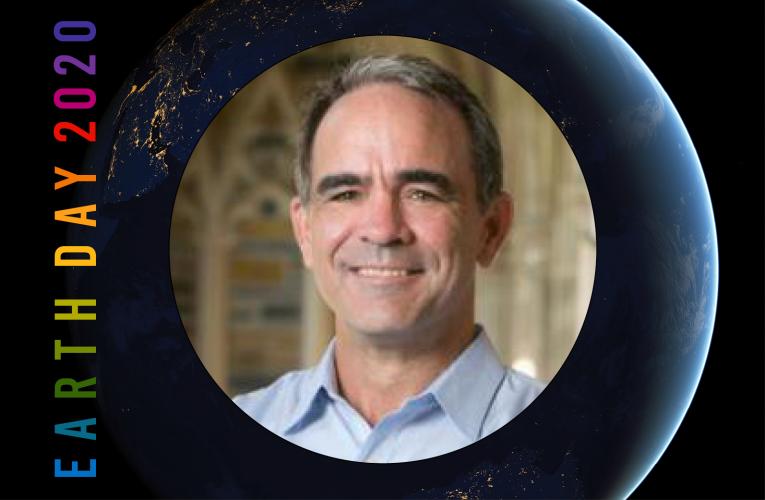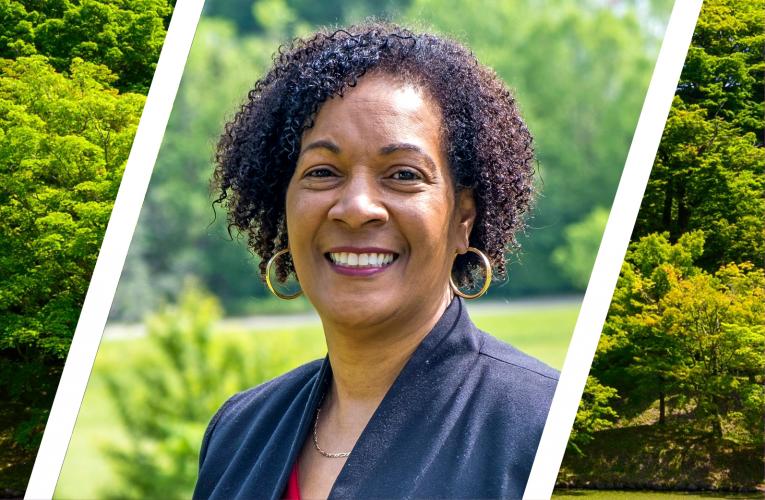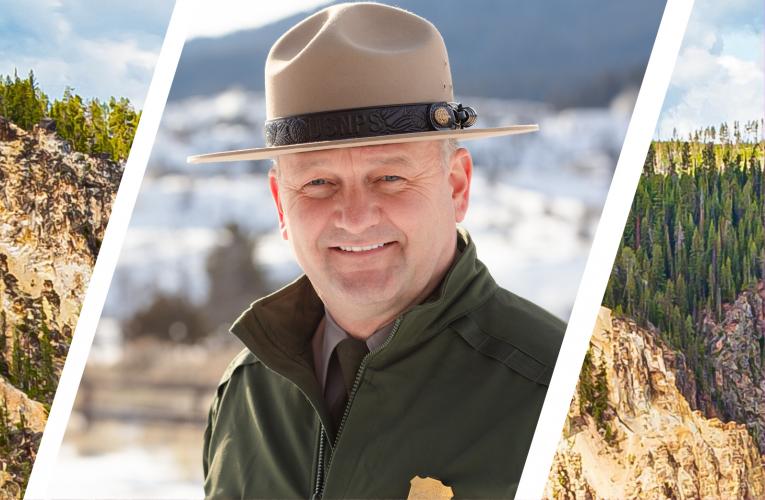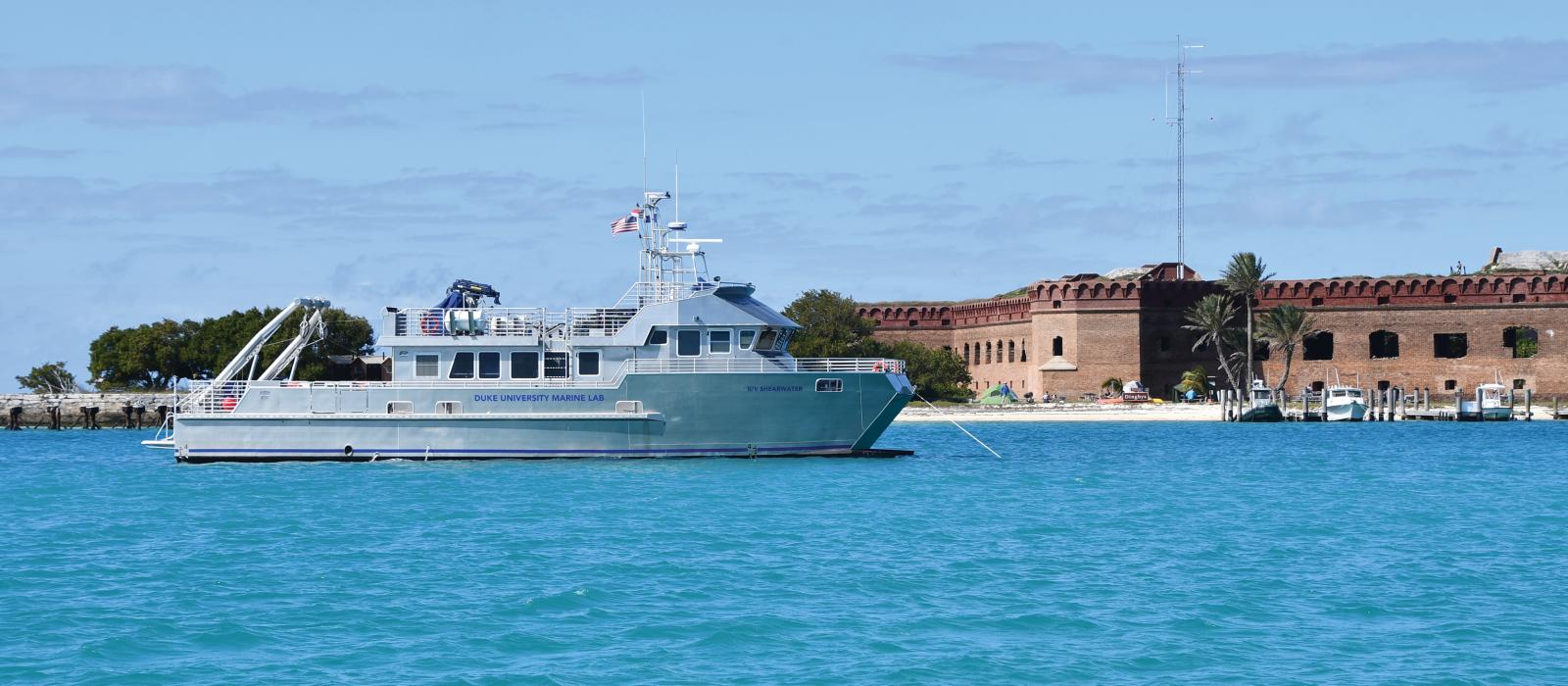Dean's Message
On April 22, 1970, the first Earth Day celebrations took place at two thousand colleges and universities, roughly ten thousand primary and secondary schools, and hundreds of communities across the United States. The annual recognition now includes events coordinated globally by the Earth Day Network in more than 193 countries.
While it may seem at times that we are in dire straits with the weather events and predictions of what the state of our natural world will be in the next 50 years, it is important to reflect on the positive aspects of what has changed in the past five decades.
The 50th Anniversary of Earth Day should be a time of reflection and commitment for us all. In recognizing this, I have called upon our faculty and staff to focus on three defining areas as we seek to have intentional impact with our science, our teaching and our outreach.
Feature Story
50 Years of Environmental Successes
While the list of environmental woes facing our planet doesn’t seem to be growing any shorter, we think it’s important not to lose sight of the progress we’ve made on many fronts. View our timeline highlighting some of the major environmental milestones of the last half century.
Nicholas School faculty look back at the last 50 years since the first Earth Day.
The Rural Divide
Rural voters care just as much about the environment as urban voters do, but a distrust of government regulation stokes their opposition to many federal climate and conservation laws, a report published this year by Duke’s Nicholas Institute for Environmental Policy Solutions finds.
Giving News
Maiden Voyage
The state-of-the-art R/V Shearwater made its maiden research voyage on a ten-day trip around South Florida, the Dry Tortugas and Gulf of Mexico.

